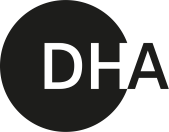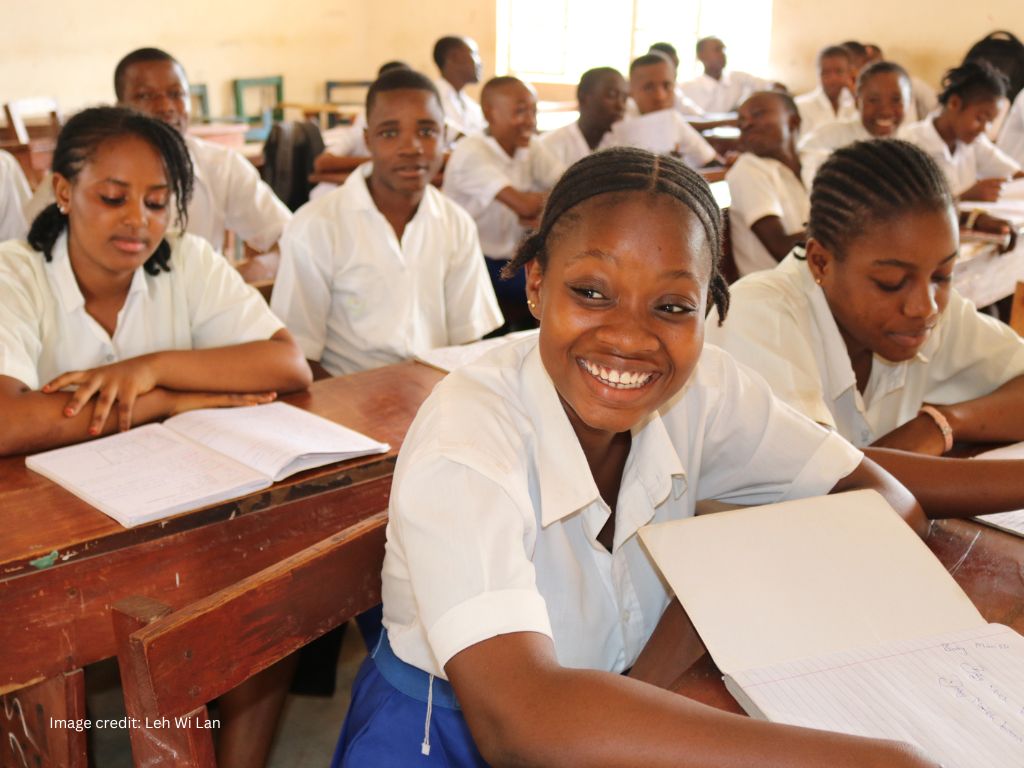Sierra Leone’s education system has been impacted by several major emergencies in recent decades – from civil war, to Ebola, to COVID19. Yet its actors are committed to delivering improvements in education outcomes, specifically in terms of attendance, performance, safety and inclusion.
Leh Wi Lan is part of the Sierra Leone Secondary Education Improvement Programme II (SSEIP II), which is funded by UK International Development. It is implemented by a consortium of national and international organisations, and led by Cambridge Education of the Mott MacDonald Group. The programme’s objective is to support Sierra Leone’s Ministry of Basic and Senior Secondary Education (MBSSE) to deliver improved education outcomes at secondary level, with a focus on schoolgirls and learners with disabilities.
Having supported the programme’s first phase, DHA was invited to become a consortium partner for SSEIP II with responsibility for supporting the delivery of core strategic communications and advocacy outcomes. Our goal is to unlock the agency of stakeholders by creating awareness, commitment and action in four key ways:
1. Creating a shared vision for safe, inclusive, quality education in Sierra Leone amongst partners and participants.
2. Building capacity and skills in communication with actors across the sector to develop clear and engaging promotion of education reform.
3. Generating interest in data, programme lessons and stories of change to build on sector strengths and address sector weaknesses.
4. Ensuring communication builds clarity, commitment and confidence among donor and government partners in Sierra Leone and the wider development community.
We do this through a varied and creative set of interventions, which we develop in close partnership with the programme delivery team and its partners. Examples of these can be seen in our support of the first phase on the programme: development of a knowledge sharing website (now owned by MBSSE), delivery of advocacy campaigns to promote core policy developments (from Radical Inclusion to the roll out of a new school curriculum), social media campaigns to showcase stories and successes from the programme, design of major reports with data visualisations and infographics, development of sub-brands to powerfully communicate specific activities, drafting and designing policy and learning briefs to demonstrate findings, creating animations and films to share ‘what works’ – plus much more. We have been extremely proud to also share our expertise through capacity building and training that empowers education actors to produce powerful communications.

